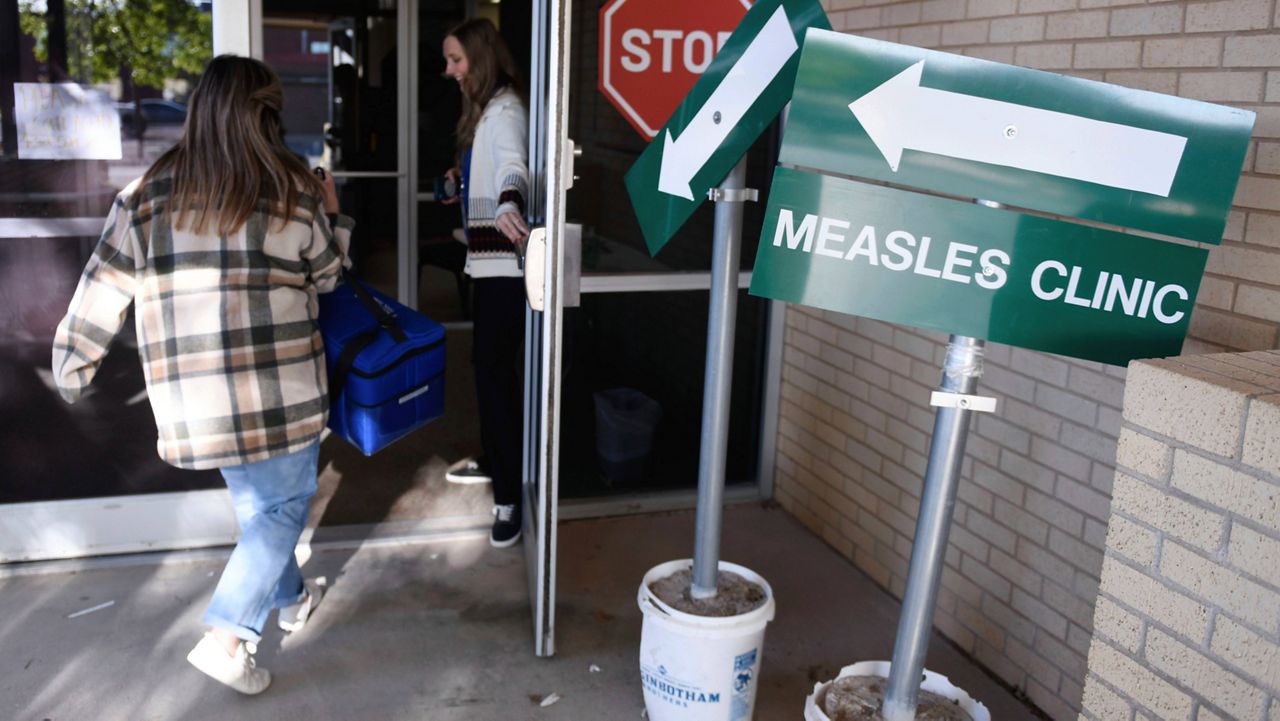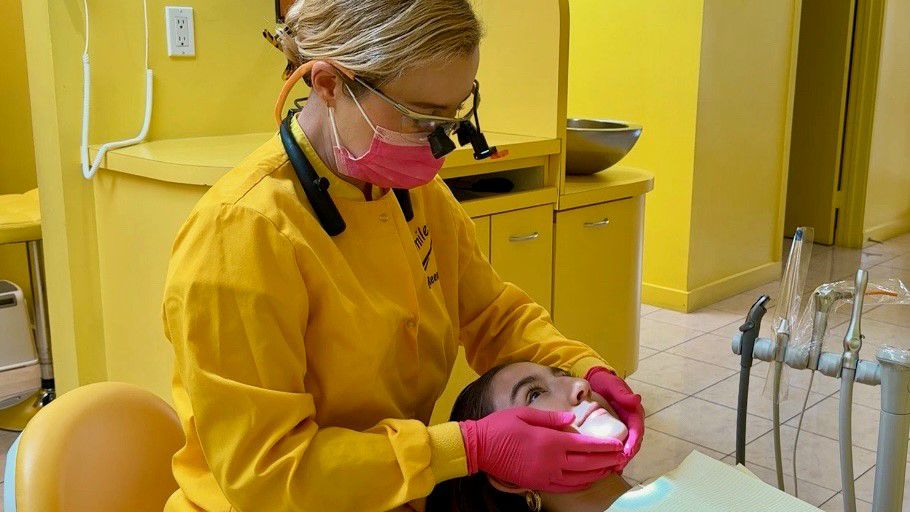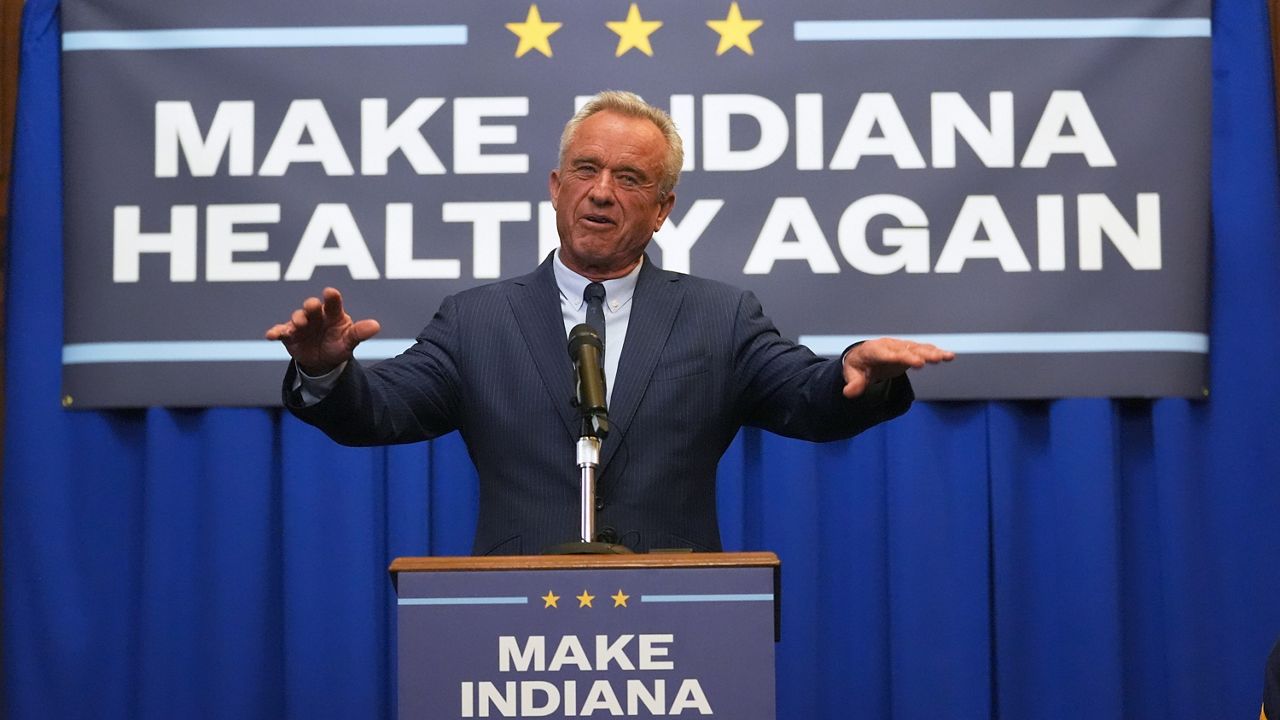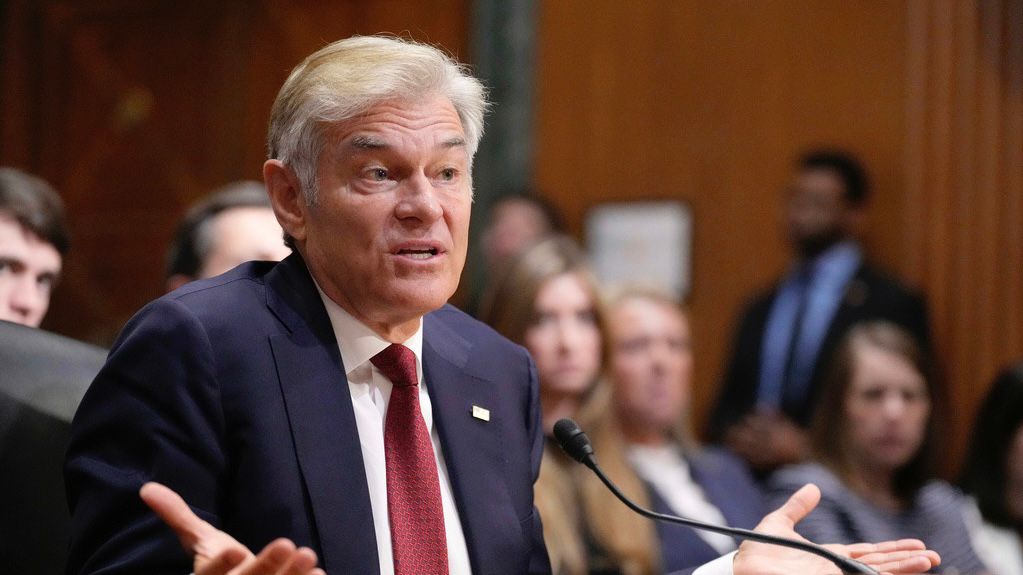LOS ANGELES — It was evident to Lesly Torres Gonzalez, even at a young age, that disparity existed in the health care system.
As a child, her English was much better than her mom’s, who had immigrated to California from Mexico. Gonzalez’s mom depended on her to translate at the doctor’s appointment and help fill out medical documents.
What You Need To Know
- House Representative Nanette Barragan, from Harbor City, authored the John Lewis NIMHD Research Endowment Revitalization Act (H.R.189)
- H.R.189 expands funding under the Public Health Service Act of 1944 to include critical research into health disparities through programs at Historically Black Universities and Colleges (HBCU)
- The bill was approved by Congress and signed by President Joe Biden in March
- It is Congresswoman Barragan’s first stand-alone bill to pass Congress
“Seeing [my mom] experience not understanding or having certain issues that she couldn’t find a way to address sort of made me realize that health disparities exist," Gonzalez said. "Sometimes [health disparities] are hard to address because there may not be enough diversity in these medical fields, or research hasn’t been done on minority groups.”
Gonzalez was inspired to change that.
As a graduate research student at Charles Drew University of Medicine, she studies diseases that disproportionately affect Black and Brown communities.
For example, she examines breast cancer tumors to find out how genetic mutations differ by ethnic background.
“That could sort of give us more information on why these cancers react so differently in people of color," she said. "Some cancers have a high prevalence in some populations or a higher mortality in other populations, even though the treatment is fairly similar. ... So understanding the genetics may help us develop a more individualized approach.”
Research programs at Historically Black Colleges and Universities (HBCU) and medical schools like CDU will benefit from a bill recently signed into law.
House Representative Nanette Barragan, from Harbor City, Calif., authored the John Lewis NIMHD Research Endowment Revitalization Act.
The bill was approved by Congress and signed by President Joe Biden in March.
It will expand eligibility for research endowments available through the National Institute on Minority Health and Health Disparities to include former centers of excellence at health professional schools and biomedical and behavioral research institutions that meet criteria related to the inclusion of underrepresented minority individuals in programs and activities.
This means HBCUs will have access to grants to fund research projects, as well as hire staff and provide scholarships for students who come from underserved communities.
Gonzalez said if the people in the lab actually represented the communities they are attempting to study, she believes people of color might be a little less hesitant to take part in clinical trials.
According to the Journal of America Medicine Association, minority groups are vastly underrepresented in clinical studies.
Black patients account for just 5% of clinical trial participants in the United States.
“I feel sometimes that’s due to miscommunication, language barrier," Gonzalez said. "The vocabulary used can be hard to understand for some people, and I think scientific education is sometimes hard to understand for people who come from outside the country, like my mom."
She is optimistic that once we see more minorities conducting and taking part at the research level, it will build trust in the process and in science.











